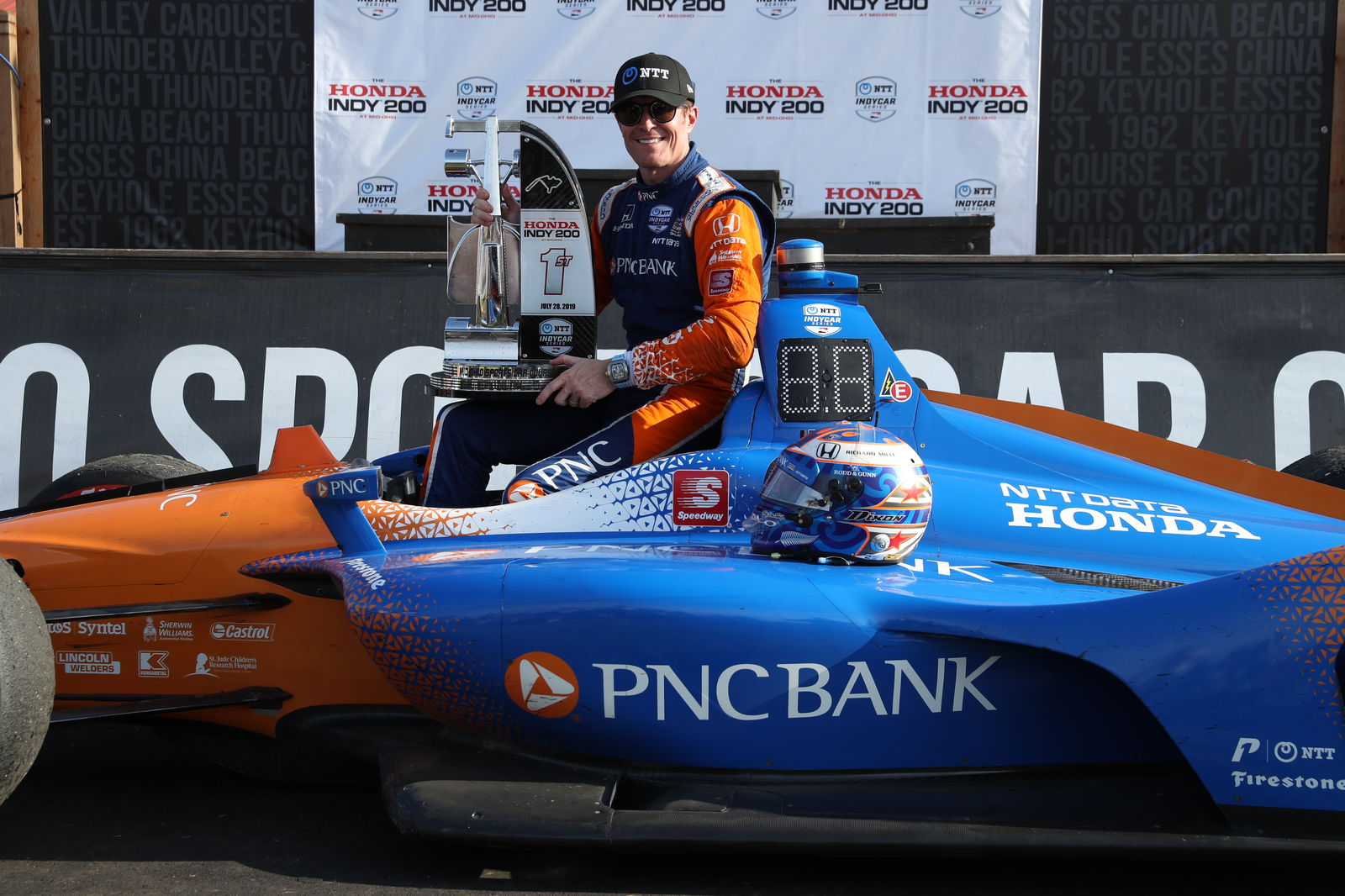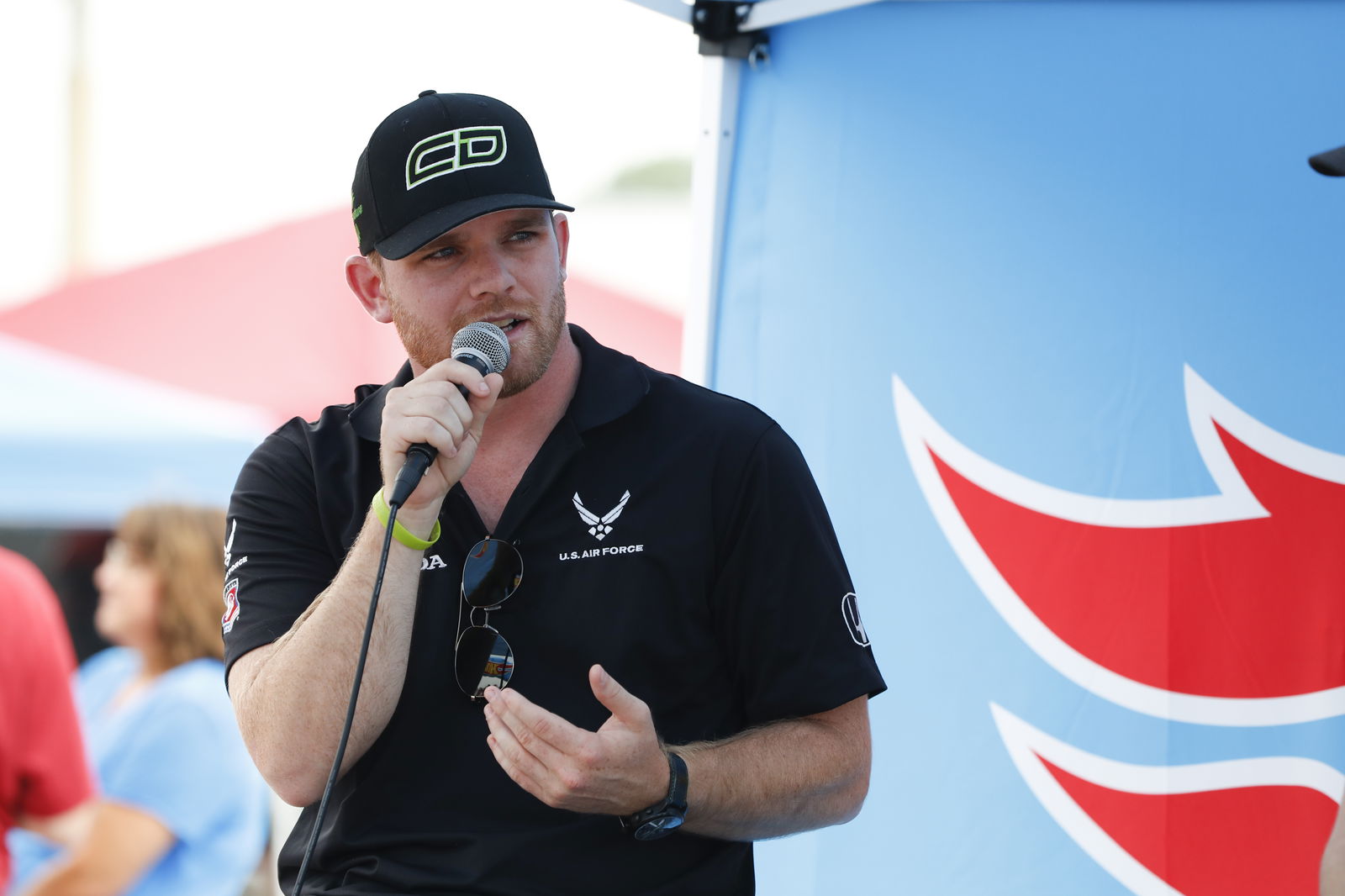INDYCAR will transition to a hybrid engine formula in 2022
The NTT IndyCar Series will implement a hybrid powertrain arrangement for the 2022 season.
The hybrid platform will include a regenerative brake system along with a multi-phase motor and inverter to supplement the internal combustion engine. The series has a planned base objective of 800 horsepower with road course push-to-pass increasing to 900hp – a jump from the current 60hp that is limited to 200 seconds of boost.
_7.jpg?width=1600&aspect_ratio=16:9)
The NTT IndyCar Series will implement a hybrid powertrain arrangement for the 2022 season.
The hybrid platform will include a regenerative brake system along with a multi-phase motor and inverter to supplement the internal combustion engine. The series has a planned base objective of 800 horsepower with road course push-to-pass increasing to 900hp – a jump from the current 60hp that is limited to 200 seconds of boost.
INDYCAR's original plan was to change to a 2.4-liter engine formula creating 900hp in 2021. The change in formula aligns with Dallara's rollout of the next-generation chassis in 2022 and allows time for a potential third OEM to join the series.
Another innovation will be onboard starters. Indy cars throughout history have relied on manual starters inserted into the rear of the engine. This should theoretically reduce the time of full-course caution periods as drivers will not need to wait on the AMR Safety Team to arrive in order to re-fire a stalled engine.
The new regulations will run from the 2022-2027.
"It's an exciting time for INDYCAR with the forthcoming evolution of the cars and innovations like the hybrid powertrain being incorporated into the new engine," Frye said. "As we move toward the future, we will remain true to our racing roots of being fast, loud and authentic, and simultaneously have the ability to add hybrid technology that is an important element for the series and our engine manufacturers."
Manufacturer representatives Ted Klaus and Jim Campbell both praised the series' direction towards technologies implemented in road cars.
"Honda is committed to racing in order to develop people and technologies relevant to the future of our sport and our world," Honda Performance Development President Ted Klaus said. "INDYCAR offers us the perfect platform to prove out both people and technologies in an environment where measurement of successes and failures is crystal clear."
"Chevrolet supports delaying the implementation of the revised engine regulations until 2022 to coincide with the NTT IndyCar Series introduction of new technologies with the chassis," U.S. Vice President of Performance and Motorsports Jim Campbell said. "The partnership between Chevrolet and IndyCar remains a strong platform for showcasing relevant technologies that we incorporate in our production engines, and transfer learnings in performance, reliability and efficiency between the racetrack and the showroom."

